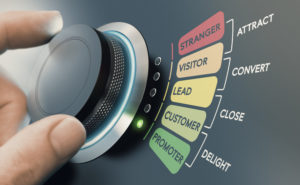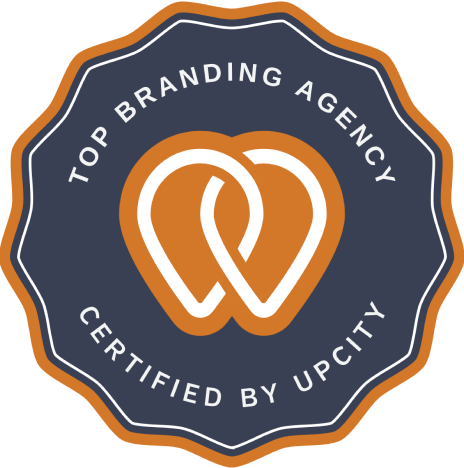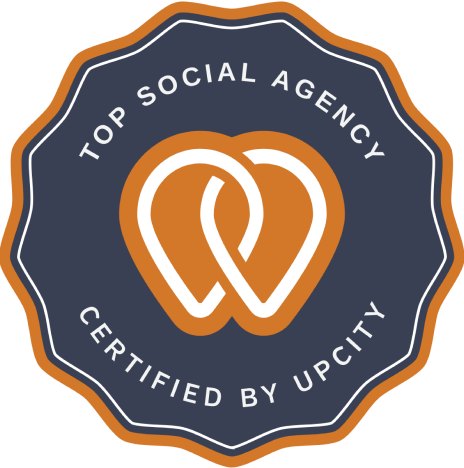In this day in age, you are likely well-aware of the cybersecurity threats that are out there. Hackers are becoming increasingly sophisticated, and it is more important than ever to take steps to protect your website and data. When you prepare for such threats, you have a higher chance of preventing a cybersecurity attack.
In this blog post, we will discuss some tips to help minimize cybersecurity vulnerabilities on your website. Implementing these measures will help keep your website safe from hackers and cyber-attacks!
Tips to Maximize Security On Your Website & Avoid Cybersecurity Attacks
SSL Certifications
One of the most important things you can do to protect your website is to make sure it has an SSL certificate. An SSL certificate encrypts the data that passes between your website and your customers’ browsers, making it much more difficult for hackers to steal this information. SSL certificates are especially important on payment gateway pages and forms that require personal information (i.e., name, email address, etc.)
SSL certificates will also help improve your website’s ranking in search engines. Google, for example, gives preference to websites that have SSL certificates when ranking search results. If your website does not have an SSL certificate, you should consider getting one as soon as possible. It is a simple and effective way to help protect your website from cybersecurity threats.
Use Highly Secure Domain Logins
A weak password can easily be guessed or hacked, so it is important to use a password that is difficult to crack. You should also never use the same password for multiple websites. Luckily, there are many password managers, like LastPass, that can help you generate and keep track of strong passwords for all of your website login information.
Delete Old Website Themes & Update Plugins
Protect your website by always ensuring your plugins and themes are completely updated. Out-of-date software is a common target for hackers, as these vulnerabilities are often well known and easily exploitable.
Plugin updates will address security issues and deleting old website themes can help avoid cybersecurity attacks on your website. Also, when updating your software, make sure to do so in a timely manner and be sure to test all updates thoroughly before implementing them on your website.
Practice Secure Hosting
Your website hosting provider plays a big role in cybersecurity. When choosing a web hosting provider, be sure to select one that offers secure hosting options, such as firewalls and malware scanning. These features will help keep your website safe from cybersecurity threats.
Regular Backups
Make sure to regularly back up your website data. This way, if your website is ever hacked or attacked, you will have a backup of all your important information. Backups should be stored off-site in a secure location, such as an external hard drive or cloud storage service.
Anti-Malware Software
Install anti-malware software on your website to help protect it from cybersecurity threats. This software will scan your website for malware and remove any infected files. Be sure to choose a reputable anti-malware software provider and keep the software up-to-date to ensure maximum protection.
Authentication Tests
Recaptcha tests are commonly used to determine whether or not a visitor is human, and they can help prevent automated bots from accessing your website. Recaptcha tests are easy to implement and can be very effective in preventing cybersecurity attacks.
Another way to help protect your website is by implementing two-factor authentication. This type of authentication requires users to confirm their identity in two different ways, such as with a password and a code that is sent to their mobile phone. Two-factor authentication adds an extra layer of security to your website and can help prevent unauthorized access.
A More Secure Website
By implementing these measures, you can help keep your website safe and secure! As a best practice, you should always be regularly monitoring your website activity to help you identify cybersecurity threats early on. Be sure to keep an eye out for any unusual or suspicious activity, such as unexpected spikes in traffic or strange login attempts.
Symboliq Media offers SSL certifications, secure hosting, regular backups, and plugin/theme maintenance. Looking to make your website more secure in 2022? We can help, contact us for a free consultation.






